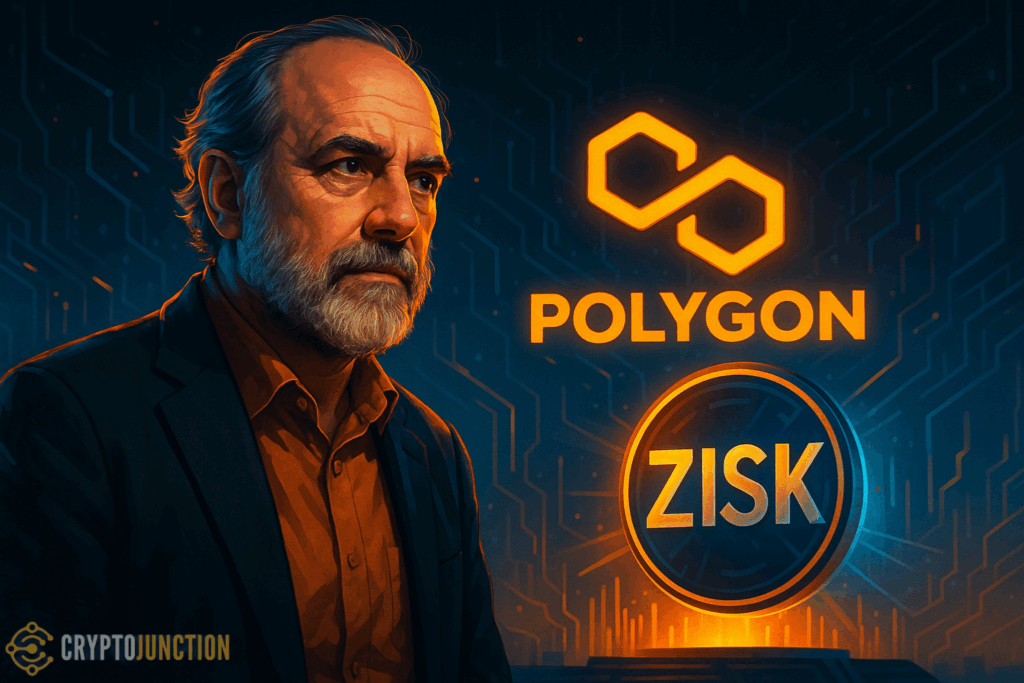Polygon has given birth to a new open source project ZisK. At the helm is Ethereum OG Jordi Baylina which they also brought in for the fresh venture which has poached the core polygon zkEVM prover developers. This comes after Polygon’s strategic change in focus under CEO Sandeep Nailwal which is moving away from zkEVM into PoS scaling and AggLayer.
Baylina has brought to life ZisK which now is home to all zkEVM intellectual property and will do business as SilentSig Switzerland GmbH Baylina will still be connected to Polygon. This move is to free up the team to focus on zero knowledge virtual machines (zkVMs) which is the next step in scalable, verifiable computation.
Polygon zkEVM Team Powers ZisK Evolution
ZisK is not a sudden appearance. Incubated within Polygon since May 2024 which went live in June 2025. Team includes eight top developers bringing over three years’ experience in polygon zkEVM development. Baylina was a part of The DAO rescue and Ethereum’s crypto evolution.
ZkVM stack has full open source access to, built on RISC-V 64 bit architecture. The key upgrades are,
- GPU-optimized proving
- Gigahertz scale execution.
- Recursive circuits
- Multi-language support: Rust present, Go and C# coming soon.
This puts ZisK at the front in low latency, modular zk computation.
Polygon zkEVM Exit, ZisK Gains Freedom
Polygon’s zkEVM did not live up. Ethereum blob updates, high burn rates, and little in terms of user adoption which led to its decline. Instead, Polygon is all in one PoS scaling (GigaGAS) and interchain through AggLayer.
The key to this approach enables ZisK to focus on developing high performance zkVMs without issue, moving away from the polygon zkEVM.
Market Eyes ZisK’s zkVM Ascent
ZisK steps into a tough layer 2 field which also includes RISC Zero, Taiko and others. But with fast proving, modular architecture, and open source credibility ZisK is to lead the next wave of verifiable computation.
Still, challenges remain: Ecosystem growth, clear funding, and developer adoption. But if ZisK does it they won’t just replace zkEVM they will transform what zero knowledge computation is, stronger than any past polygon zkEVM efforts.

